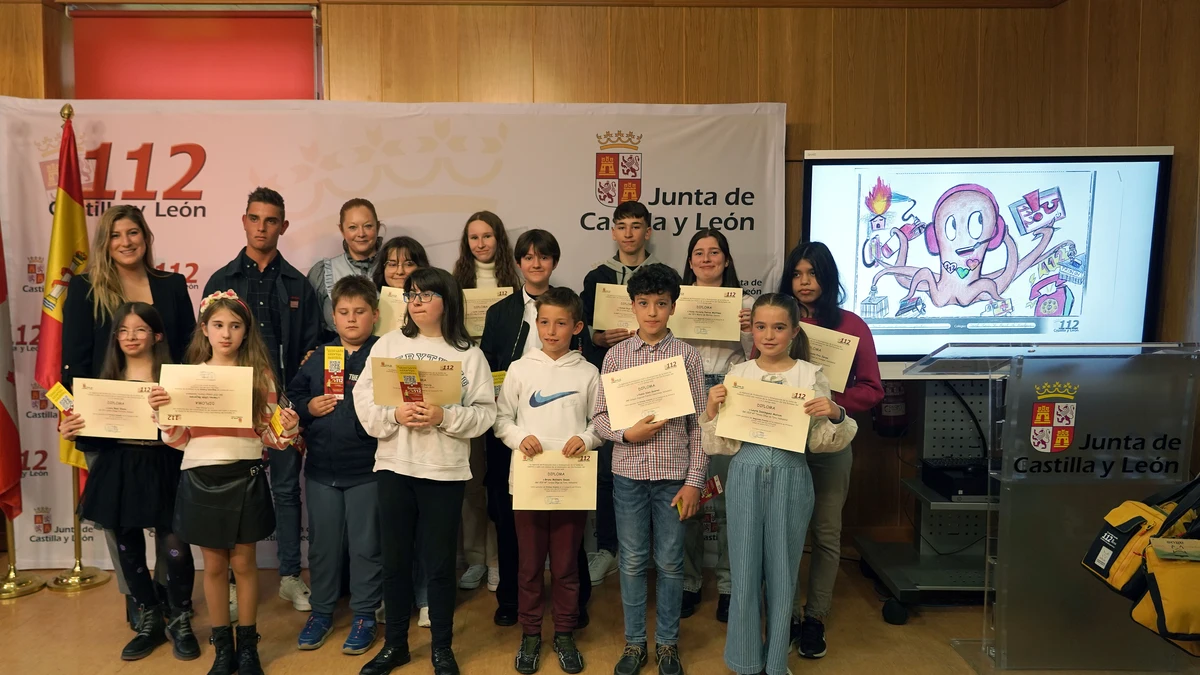If a tall, talking, holiday-enthused rabbit were to sidle up to me and inquire as to my thoughts on the meaning of Easter, I would answer by saying, “The next and better act.”
There’s a tendency to shy away from Easter’s message — and value — on account of what is often seen as this big push for religion.
“But I don’t go to church,” one may think, deciding de facto-style that the holiday is less so for them than those who kneel in pews. But don’t miss out on what the soul of Easter offers everyone.
F. Scott Fitzgerald famously opined that there are no second acts in American lives, which is ironic because Fitzgerald himself excelled in creating additional acts to his own brief life. Having been a commercial success, he was then shunted aside and forgotten, at which point Fitzgerald resurrected himself as an artist and a person, creating a body of work within a body of work far wiser and more human than the tales he’d spun in halcyon times of flouting flappers and gramophone philosophers.
One of those works is the best thing Fitzgerald ever wrote, the ultimate literary Easter egg, because I bet you’ve never heard of it, just as I’d wager you won’t be the same as you were after you read the piece, one which I return to every Easter.
This unclassifiable work, which is parts story, poem, memoir, confessional, paean of faith, endurance and spiritual secularity, is called “Our April Letter,” which was tucked away deep in Fitzgerald’s notebooks, presumably written for himself.
“Our April Letter” is all of 260 words. You can memorize it and recite it as if it were a prayer born of a human rather than God, which I think also gets us to the crux of Easter.
A lot happens in those 260 words. The narrator talks about getting bad news from a doctor. There’s an affair. The sound of roller skates that “rain” down a lonely street. A paramour far away and perhaps never coming back. An empty prescription bottle. A life that feels like it’s played out. A person who believes there’s nothing remaining for them.
The next person who raises their hand honestly attesting that they’ve never felt that way will be the first. We have all been there. We may find ourselves there more often than not. And we can believe that this is all that is left to us.
But then something happens in this remarkable work of art. The big change. The resurrection.
F. Scott Fitzgerald in the 1920s. (AP)
The narrator — and I don’t want to say it’s just Fitzgerald — makes mention of all the stories he’s written. It’s many stories, which adds up to a lot of a form of giving, for that’s what telling someone a story is. One person is trying to reach another. To connect with them. And that takes something real and endemic to us that begins on the inside.
Whether you take the resurrection of Christ literally or symbolically, the gist is the same: We have to find the next and better act, with ourselves, and with others, so that we may be a form of light in a world that always needs more of it. Easter is simply a reminder in holiday form.
“I have asked a lot of my emotions,” the narrator of “Our April Letter” tells us, the universe, himself. “One hundred and twenty stories. The price was high, right up with Kipling, because there was one little drop of something not blood, not a tear, not my seed, but me more intimately than these, in every story, it was the extra I had.”
That’s Easter and its lifelong challenge right there: Discover the extra that you have. That extra bit of humanness that you didn’t know was there. Mine it and give of it. The next act is more important than the last, and there is always a next act if you cede the entirety of yourself over to the creation of one.
I’ve never been able to read this piece without crying, and yet it makes me feel so strong, so hopeful, so renewed. It’s a man coming out of a cave and bringing the light with him, which really isn’t a God thing. It’s a you thing. An us thing. A me thing. A perpetual Easter thing, be you believer or atheist.
There’s a universality to Easter because there’s a world-impacting value to living a life of next and better acts. They add up, just like those 120 stories.
Crack open this egg this year and let its light into your world. You might be surprised what — and who — you find yourself believing in as a result.
Colin Fleming is the author of “Sam Cooke: Live at the Harlem Square Club, 1963,” an entry in Bloomsbury’s 33 1/3 series.
Submit a letter, of no more than 400 words, to the editor here or email letters@chicagotribune.com.





